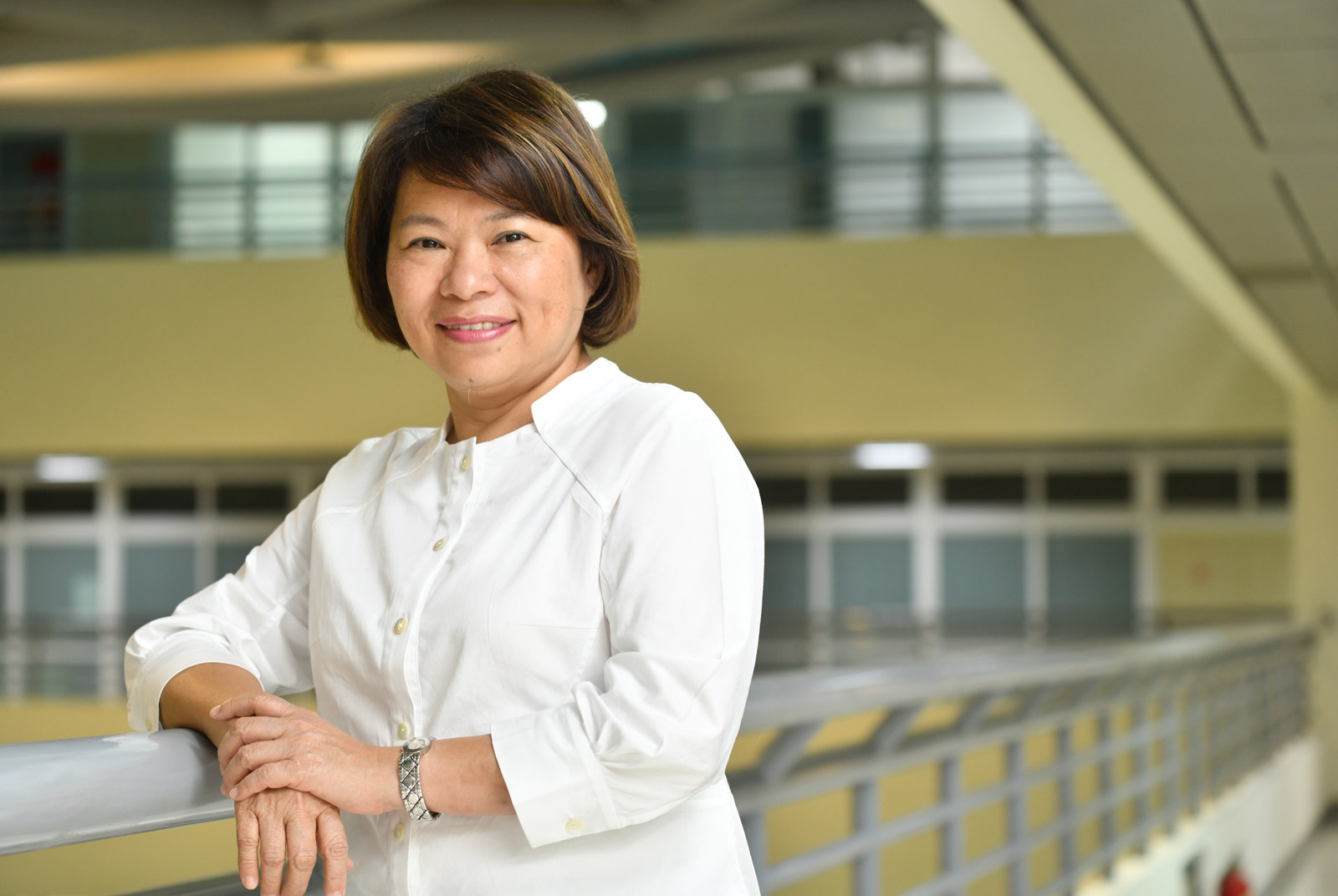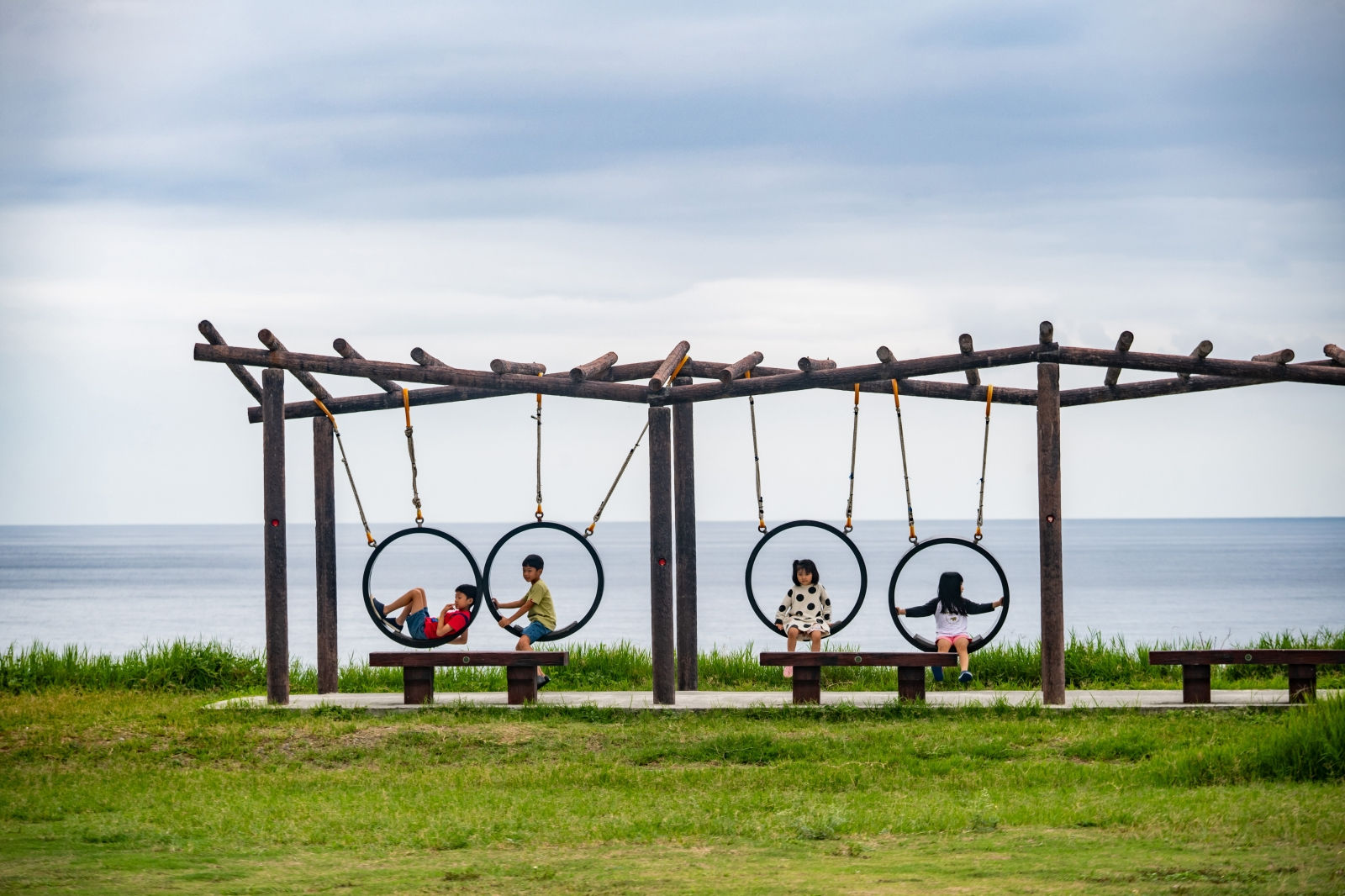CommonWealth's 2023 Poll: Smaller cities lead in local leadership approval

Source:CommonWealth Magazine
After eight months of governance battles following last year's September 11th general election reshuffle, who has most effectively won the people's hearts in the latest survey on county and city heads' satisfaction with their governance?
Views
CommonWealth's 2023 Poll: Smaller cities lead in local leadership approval
By Rebecca LinFrom CommonWealth Magazine (vol. 782 )
The latest approval ratings survey of Taiwan's local leaders conducted by CommonWealth Magazine shows that being a "new face" in politics has lost its halo. Mayors and magistrates representing smaller cities can shine if they "bring the beef" and enact policies that speak to the needs of their constituents.
The 2024 presidential election looms. Some are framing it as the choice between war and peace. Democracy is the uniting thread: whoever can best represent the will of the people will be chosen to lead.
During the 2022 "nine-in-one" local elections, mayoral and magisterial seats all over Taiwan were reshuffled. The Kuomintang (KMT) secured 14 cities and counties, while the incumbent Democratic Progressive Party (DPP) retreated to being represented by only five local leaders. Both the Taiwan People's Party and unaffiliated candidates made significant gains, as well.
Eight months have passed since then. In this year's opinion poll, what did the people have to say about their newly elected mayors and magistrates?
In the 2023 survey, the local leaders were separated into four categories depending on how well they performed. Those who finished in the top five are in the "leaders group"; number six to eleven are in the "exceptional group"; number twelve to seventeen are in the "satisfactory group"; and number eighteen to twenty-two are in the "improvement group".
Agricultural cities lead the pack
This year, traditional, agricultural counties and cities outperformed everyone else. At the same time, local leaders who won big during the election often ended up not doing so well in the opinion poll.
"The results reflect the mindset of the people after the pandemic and the lockdowns. In a word, they are impatient," says Cheng-Shan Liu (劉正山), Chair at the Institute of Political Science at National Sun Yat-sen University. Voters have great expectations for their elected leaders and wish for change. If the official is slow to deliver, the electorate's dissatisfaction can be overwhelming. In this environment, it's hard for newcomers to get ahead.
To start with, all the mayors and magistrates in the "leaders group" are in their second terms. They are Chiayi Mayor Min-hui Huang (黃敏惠), Lienchiang County Magistrate Wang Chung-ming (王忠銘), Chiayi County Magistrate Weng Chang-liang (翁章梁), Yunlin County Magistrate Li-shan Chang (張麗善), and Taitung County Magistrate Yao Ching-ling (饒慶鈴). Among the top five, only Wang is the newcomer who worked as an entry-level bureaucrat before he ran for office.
"These leaders enjoy a lot of local support and face fewer internal fractures," opines Yi-ching Hsiao (蕭怡靖), Research Fellow and Professor at the Election Study Center at National Chengchi University.
 (Source: Ming-Tang Huang)
(Source: Ming-Tang Huang)
According to the panel of experts assembled for this survey, Chiayi City got high marks for its performance in public health. Wen-hsiang Chang (張文祥), Director-General of Chiayi City Medical Association, points out that Mayor Huang was not only able to delegate effectively and work closely with the medical community during the pandemic, but she also went a step further and established medical hotels for traveling physicians. This gesture significantly conveyed her care for the constituents.
In the case of Chiayi County, even though it is strapped for budget and hosts the oldest population in the country, "Magistrate Weng's performance proves that you don't need money to be an effective local leader," says Jung-hsiang Tsai (蔡榮祥), Professor at the Department of Political Science at National Chung-Cheng University.
It is his observation that while budget allocation tends to split among party lines in many of Taiwan's cities and counties, Magistrate Weng made the effort to go to the front lines and talk to grassroots representatives directly to understand their needs.
Taichung and Kaohsiung are exceptional while New Taipei lags behind
In comparison, the six special municipalities of Taiwan saw a drastic change in their rankings.
The two best-performing leaders are at the head of the "exceptional group". They are Taichung Mayor Lu Shiow-yen (盧秀燕) and Kaohsiung Mayor Chen Chi-mai (陳其邁). Lu is especially noteworthy because she's the dark horse in this year's polls, making it all the way to the front of the six special municipalities from her place at the tail end of the survey last year.
"Taichung is anyone's city to lose, it's hard to even get reelected there," says Chih-Cheng Meng (蒙志成), Associate Professor at the Department of Political Science at National Cheng Kung University. He points out that Mayor Lu projects the image of a doting mother and has proven herself to be a capable politician. "She's a woman and comes from a family of Waishengren. She enjoys broad support from the blue camp and is likely to be the KMT's next rising star."
Lu herself thinks that the key to her success is the fact that her constituents are by and large objective and open-minded. Therefore, she refrains from politicizing problems and focuses on issues like childcare, education, and key infrastructure. Both the new expo center and "Green Museumbrary" were commissioned and completed during her tenure. "Once the correct policies are in place, you have to focus on internal and external communication during execution, so that the electorate will be on the same page as you," she says.
Kaohsiung Mayor Chen Chi-mai surpassed the other special municipalities in the eyes of the expert panel. His policies are universally praised. For the first time ever, Kaohsiung surpassed Taipei in CommonWealth Magazine's City Happiness Survey, and it has come out first among the six special municipalities.
"Kaohsiung's social welfare programs are closer to what the people really need," says Fen-Feil Hsu (許坋妃), Associate Professor at the Department of Social Work at Shu-Te University. Kaohsiung not only offers free taxi rides to pregnant women on their way to checkups, it also worked with the university to set up a matchmaking platform that helps women find nannies for their babies. The city has also set up 54 public daycare centers.
Even though he's worked hard to woo tech companies from the semiconductor industry, Mayor Chen has not neglected the traditional industries. For example, he transformed a local traditional market into the Yancheng First Public Retail Market, a gathering place of youth and culture. He says, "For a city to progress, you need time and compassion. Rather than throwing out the old, you need to provide resources that will help them face their challenges."
It's also worth noting that the leaders who won landslide elections are not necessarily popular. New Taipei Mayor Hou You-yi, who won his election with a significant 62.4% of the votes and led by 460,000 ballots, experienced a drop in popularity, moving from number nine in last year's CommonWealth Magazine's opinion poll to the "improvement group" in this year's survey.
Hou is the KMT's presidential candidate in next year's election. "Constituents have high expectations for reelected officials, but he seems more focused on his presidential campaign, and his electorate has noticed," says Professor Liu.
Before Hou, there was Han Kuo-yu (韓國瑜), the ex-mayor of Kaohsiung who was handily defeated in his bid for the presidency. It shows that popular local leaders risk tarnishing their image when they start eyeing the bigger fish. "The lesson for Taiwanese politicians is this: although becoming mayor of one of the special municipalities is a ticket to the presidency, if you start vying for your next job as soon as you get in the door, your constituents might not take kindly toward you," says an observer.
Newcomers losing luster
Many mayoral and magisterial newcomers who came into power with great fanfare last year are faring poorly this year. Taipei City Mayor Wan-An Chiang (蔣萬安), in whom the KMT sees a possible crown prince, Keelung City Mayor Hsieh Kuo-liang (謝國樑), and Hsinchu City Mayor Ann Kao (高虹安) are all fighting uphill battles in the opinion poll.
 Wayne Chiang (front row, left 2), the mayor of Taipei City. (Source: CommonWealth)
Wayne Chiang (front row, left 2), the mayor of Taipei City. (Source: CommonWealth)
The citizens of Taipei commend their mayor's efforts to improve healthcare quality and medical services, as well as his attempts to foster an environment and create cultural activities that are friendlier to the aging population. However, in comparison to his predecessor Ko Wen-je (柯文哲), who came in at number nine in the opinion poll during his first year in office, Chiang has not made any significant gains. "It shows that the blue camp's glorious victory in recapturing Taipei is fading," says Liu.
Take environmental protection as an example. "Chiang is new to the job and has a lot to learn. He has failed to focus on the environment," says Po-Hung Liu (劉柏宏), Honorary President of the Taiwan Institute of Landscape Architects. Experts like him had expected Chiang to be more proactive.
The newly elected Mayor Hsieh of Keelung faces the problem of failing to gain widespread support among his electorate.
Associate Professor Meng says that Keelung faces a bottleneck in its development due to its spatial limitations. Its former mayor, Lin Yu-chang (林右昌), won support by helping to transform the aging Keelung Harbor. Hsieh needs to find a similar project that his constituents can agree on, rather than fighting the central government on the issues of connecting the subway lines and building the fourth LNG terminal in Keelung. "People are waiting for him to bring out the proverbial beef."
Similar problems plague Hsinchu City, which traded their DPP-backed mayor for a member of Taiwan People's Party. The voters are most satisfied with the job opportunities in Hsinchu, followed by public safety, healthcare quality, and medical services. They're dissatisfied with just about everything else.
"The mayoral position has changed hands frequently in too short a period of time, and the current mayor's policies are hampered by her legal battles, which will hamstring any long-term projects," says Professor Tsai. Ever since Mayor Kao took office, all the talk about her has been her close ties to Terry Guo and Ko Wen-je, and the probes into the alleged graft that led to problems at the Hsinchu Baseball Stadium. "It's all politicking, which is not what the voters elected her for.”
Vox populi: dissatisfaction over job opportunities, cityscape, and childcare services
How to win the hearts and minds of the people?
According to statistics from CommonWealth Magazine's survey center, the polling result most closely correlated with the local leaders' approval ratings is "whether they can maintain the prosperity of the local economy".
Voters are most dissatisfied with many things that are deeply related to their day-to-day lives, such as job opportunities, the cityscape, the integration of the immigrant population, and childcare services. These are all points that the local leaders should focus on.
Especially on the issue of job opportunities, there is a clear divide between urban and rural areas. With the exception of the six special municipalities, as well as Hsinchu City, Hsinchu County, and Lienchiang County, all of the other areas returned scores that were below average. Approval ratings are markedly dismal in Keelung, Pingtung, and Yilan.
The survey of Taiwan's current mayors and magistrates shows that there are no heroes, and even rising stars can fall.
The political landscape is ever-evolving, and Taiwan's leaders must remain vigilant in addressing the needs of their constituents to maintain their positions and influence.
Have you read?
- Who can afford to live in Taipei?
- Taiwan’s early retirement crisis
- How did Kaohsiung become the YouBike capital of Taiwan?
Translated by Jack Chou
Uploaded by Ian Huang






